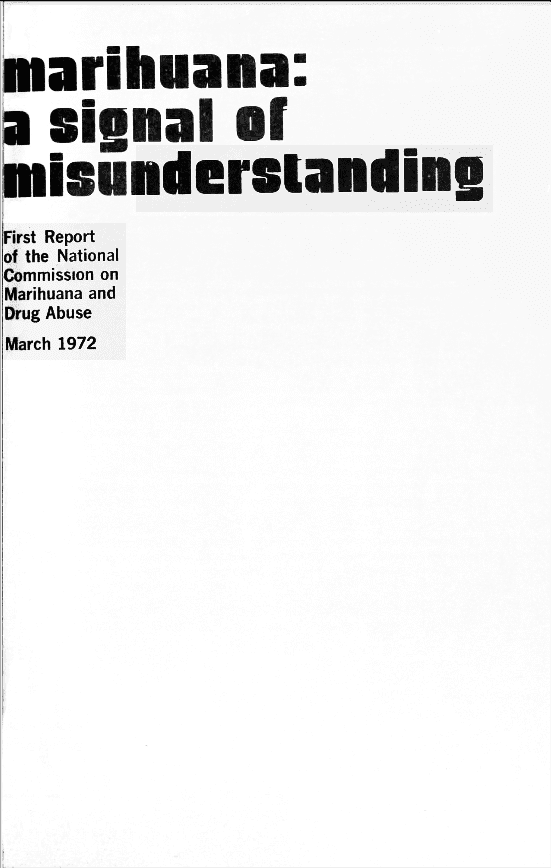Another new study is debunking the stereotype of marijuana consumers as lazy and unmotivated “stoners,” with researchers finding no difference in apathy or reward-based behavior between people who use cannabis on at least a weekly basis and non-users. What’s more, these frequent marijuana consumers actually experience more pleasure than those who abstain.
The research, published in the International Journal of Neuropsychopharmacology, looked at data on 274 adults and adolescents who reported using cannabis 1-7 times per week over the course of three months.
While there’s long been a stigma attached to cannabis users, with legalization opponents routinely suggesting that marijuana contributes to laziness and overall apathy, the researchers at the University of Cambridge and University College London said their findings “are not consistent with the hypothesis that non-acute cannabis use is associated with amotivation.”
“Our results suggest that cannabis use at a frequency of three to four days per week is not associated with apathy, effort-based decision-making for reward, reward wanting, or reward liking in adults or adolescents,” the study says. “Cannabis users had lower anhedonia than controls, albeit at a small effect size.”
Study participants took four assessments to measure anhedonia (the inability to experience pleasure), apathy and reward-based motivation and general reward responses. Their results were compared to a control group of non-users.
What the researchers found was that marijuana consumers were slightly more capable of experiencing pleasure, regardless of the frequency of use, and there was not a statistically significant difference between the groups when it came to apathy.
“We were surprised to see that there was really very little difference between cannabis users and non-users when it came to lack of motivation or lack of enjoyment, even among those who used cannabis every day,” Martine Skumlien of the University of Cambridge,
said in a press release. “This is contrary to the stereotypical portrayal we see on TV and in movies.”
“A common stereotype of cannabis users is the ‘stoner’—think Jesse Pinkman in Breaking Bad, The Dude in The Big Lebowski, or, more recently, Argyle in Stranger Things. These are individuals who are generally depicted as lazy and apathetic.”
About half of the study participants were also asked to perform several behavioral tasks, like pushing buttons to earn chocolate and sweets. That experiment involved three difficulty levels, and then the participants were asked to rate how much they wanted the rewards.
There was no measurable difference between the cannabis consumers and control group in that experiment, the
study found.
“We’re so used to seeing ‘lazy stoners’ on our screens that we don’t stop to ask whether they’re an accurate representation of cannabis users,” Skumlien said. “Our work implies that this is in itself a lazy stereotype, and that people who use cannabis are no more likely to lack motivation or be lazier than people who don’t.”
“Unfair assumptions can be stigmatizing and could get in the way of messages around harm reduction,” she said. “We need to be honest and frank about what are and are not the harmful consequences of drug use.”
Barbara Sahakian of the University of Cambridge added that this and previous studies strongly signal that “cannabis use does not appear to have an effect on motivation for recreational users.”
“The participants in our study included users who took cannabis on average four days a week and they were no more likely to lack motivation,” she said. “However, we cannot rule out the possibility that greater use, as seen in some people with cannabis-use disorder, has an effect.”
The researchers also found that young people are no more likely to experience the potential negative effects of cannabis measured in the study than adults are.
“There’s been a lot of concern that cannabis use in adolescence might lead to worse outcomes than cannabis use during adulthood,” said Will Lawn of the Institute of Psychiatry, Psychology and Neuroscience at King’s College London. “But our study, one of the first to directly compare adolescents and adults who use cannabis, suggests that adolescents are no more vulnerable than adults to the harmful effects of cannabis on motivation, the experience of pleasure, or the brain’s response to reward.
“In fact, it seems cannabis may have no link—or at most only weak associations—with these outcomes in general,” he said. “However, we need studies that look for these associations over a long period of time to confirm these findings.”
The study concludes that “the collective evidence does not support an amotivational syndrome in cannabis users non-acutely, despite persistent ‘stoner’ stereotypes,” adding that “future research should use longitudinal designs and diverse assessments of reward processing, examine ecological validity of reward measures, and investigate daily or near-daily users and even younger participants.”
In a separate stereotype-busting study that was published last year, researchers found that frequent marijuana consumers are
actually more likely to be physically active compared to their non-using counterparts.
In 2020, a study of older Americans found that
cannabis consumers tended to do more formal exercise and engage in more physical activities than non-consumers during the course of a four-month trial.
Most people who use marijuana report that consuming before or after exercising
improves the experience and aids in recovery, a 2019 study separately concluded. And those who do use cannabis to elevate their workout tend to get a healthier amount of exercise.





